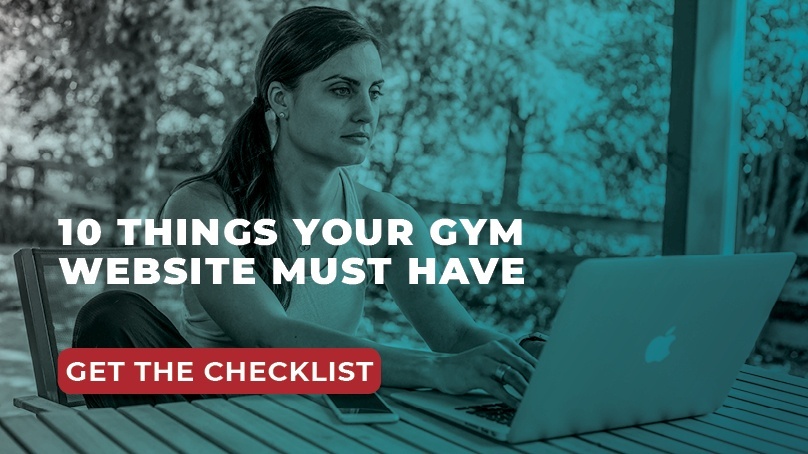Does Your Fitness Website Need an SSL?

Ever wonder what the grey “http” or the green “https” in the URL bar is? Or perhaps you noticed the green lock and the word “Secure” before the “https”. The green lock means that anything you do on this site is now secure. Any information passed between your keyboard (browser) and the website (server) is protected.

To put it into simpler terms, your father’s birthday is coming up and you want to send him something nice since it’s his 75th. You have never been good at remembering his birthday so this year you want to make it extra special for him. You find the perfect gift and anxiously rush to your local shipping store to have it packaged and shipped to Florida just in time for his birthday. The rep asks if you want to pay a little extra for insurance on the item and a tracking number, but since you spent more than you expected on the gift, you politely decline.
Days pass you don’t receive phone call from your father. You call him on his birthday to wish him a happy birthday, yet there is still no gift. You contact the shipping store to see what happened, but since there is no insurance and or tracking, there is nothing they can do. Bummer!
Discover what else your website must have in our latest website checklist!
Similarly, without an SSL, when your website collects or sends information, it could potentially be stolen by any hacker at any time, and there’s not much you can do about it. As a small business owner, your site is a target for hackers, which is why having it’s crucial for your business to have SSL encrypt this vital data.
What is SSL?
SSL, which refers to secure sockets layer, has become more common across the internet. As websites become more complex and we seek more information, it was inevitable that there would have to be a way to safely secure that information being transferred.
Once upon a time, SSL was only needed if you owned an ecommerce website. Now, Google prefers that your site be secured with an SSL regardless of whether or not you have ecommerce. Starting this year, WordPress will also require an SSL for certain features to function. Eventually, SSL will be standard across all sites on the Internet.
Does SSL Help with SEO?
Yes! Google gives you “extra credit” if you have an SSL on your site. But, just because you have an SSL does not mean you will start ranking in Google. There is much more to SEO than just an SSL, but having this feature can give you an edge over your competition.
If I Don’t Sell Products, Do I Still Need an SSL?
It’s not required but Google prefers you have one. It also lends credibility to your business. Even if you aren’t selling products, almost all websites have a contact form. When an individual submits their information through this contact form, anyone can access that data unless you have an SSL on your site.
How Much Does an SSL Cost?
Depending on your registrar, an SSL can cost between $50 – $350 per year. Zen Planner offers Integrated Websites as part of our Suite, and these come standard with an SSL.
As a small business owner, an SSL on your site makes your business appear more credible while also offering a level of protection and security to your clients. The SSL may seem trivial at first but in the long-term, SEO benefits and peace of mind for your customers will help your business to grow year after year.

I’m Coach Kelli, a devoted CrossFit gym owner with 15 years of experience managing my facility, along with owning yoga studios and wellness centers. Beyond the fitness world, I have a passion for cooking, cherish moments with my children and family, and find joy in spending time outside. Having experienced the highs and lows, I’m dedicated to leveraging my expertise to help you grow and succeed on your fitness journey.

I’m Coach Kelli, a devoted CrossFit gym owner with 15 years of experience managing my facility, along with owning yoga studios and wellness centers. Beyond the fitness world, I have a passion for cooking, cherish moments with my children and family, and find joy in spending time outside. Having experienced the highs and lows, I’m dedicated to leveraging my expertise to help you grow and succeed on your fitness journey.








